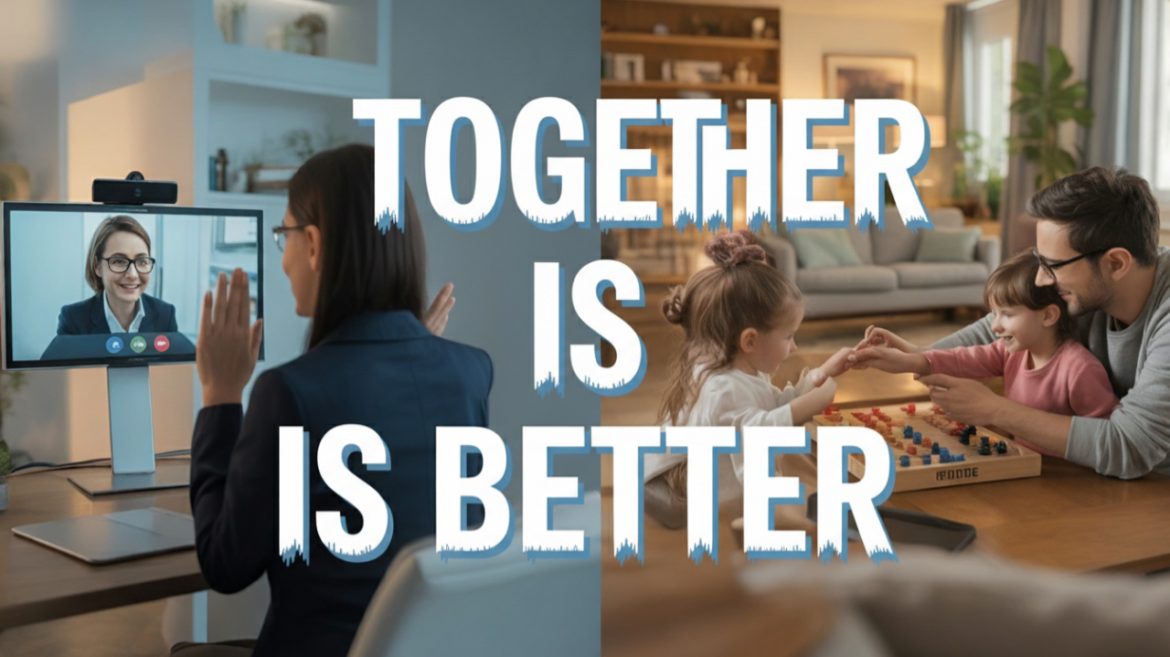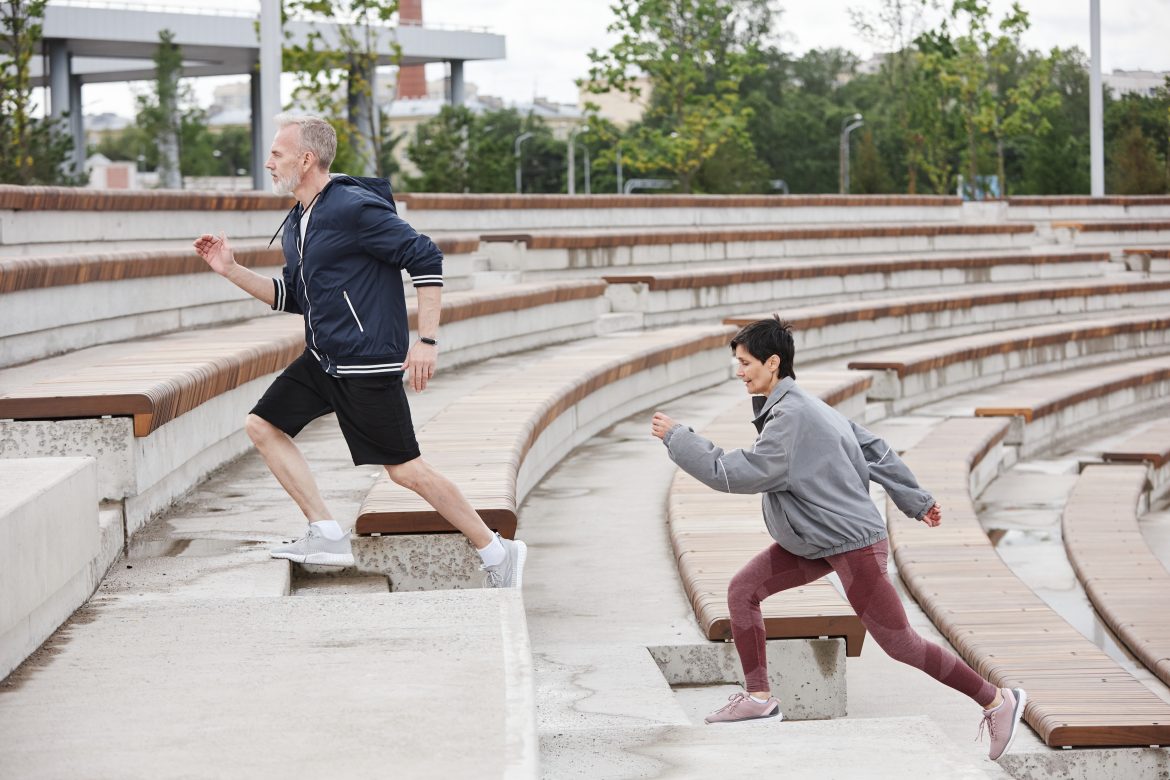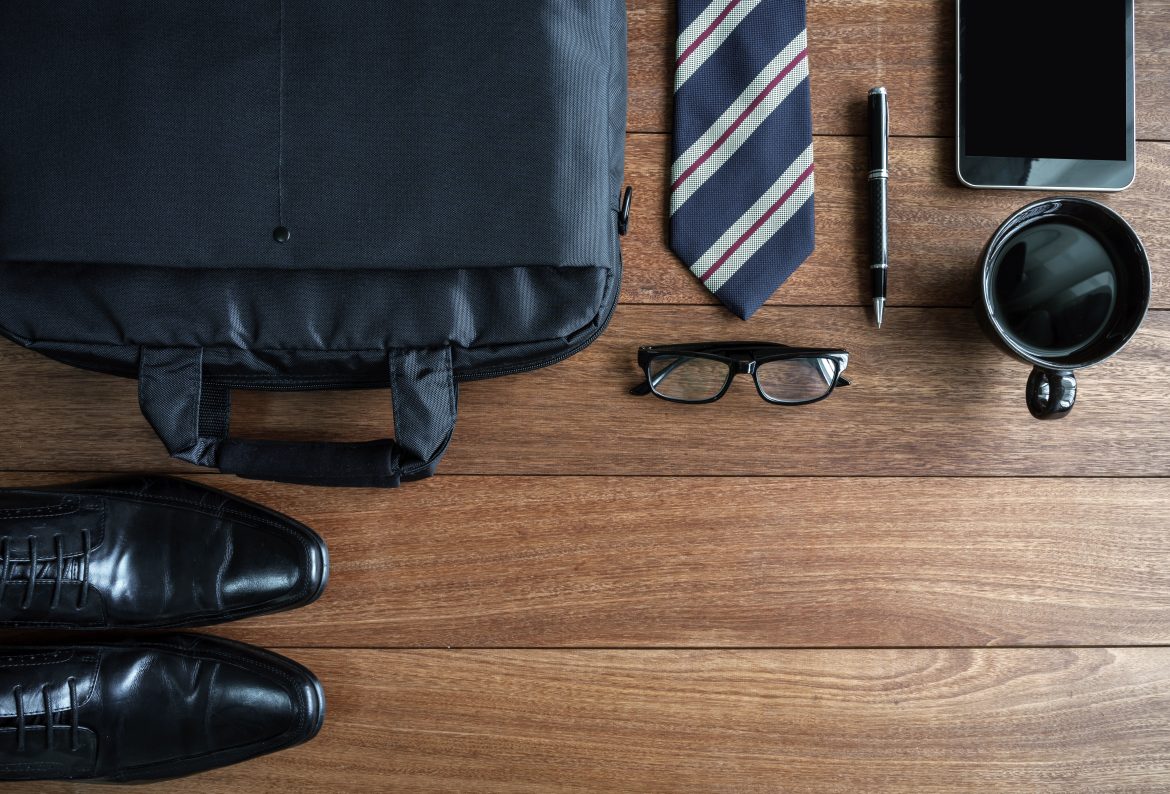Why We Struggle to Finish What We Start
Perfectionism. It sounds like a noble pursuit—who wouldn’t want to do things perfectly? But in reality, it’s a trap. A well-polished trap that often stops people from making progress on the things that matter most. Whether it’s finishing a work presentation, losing weight, writing a book, or tackling home projects, perfectionism creeps in and brings everything to a halt.
This blog breaks down the powerful insights shared in a podcast that explores perfectionism from several angles. Drawing from personal experience and leading voices like John Acuff and Brené Brown, the podcast offers both psychological depth and actionable advice for anyone ready to shed perfectionism and move toward meaningful progress.
Perfectionism vs. Excellence: Know the Difference
One of the podcast’s central themes is distinguishing between perfectionism and excellence. While they may seem similar, they couldn’t be more different in impact.
- Excellence is about growth, mastery, and improvement. It’s fueled by curiosity and passion.
- Perfectionism, on the other hand, is about approval. It’s a defense mechanism driven by shame, fear of judgment, and the illusion that if something is perfect, it can’t be criticized.
A quote from Michael J. Fox sets the tone: “Excellence is something I can reach for. Perfection is God’s business.”
How Perfectionism Masks Itself
Perfectionism doesn’t always announce itself as obsessive attention to detail. Sometimes it looks like:
- Procrastination – Waiting to start until you can do it “right.”
- Overcomplication – Adding unnecessary steps to avoid criticism.
- Quitting early – If you never finish, no one can judge your final product.
Psychologists Daniel Kahneman and Amos Tversky described this underestimation of time and complexity as the planning fallacy—we believe things will be easier than they actually are, setting us up for failure.
Hidden Shame: The Root of Perfectionism
According to Brené Brown, perfectionism is often a “20-pound shield” we carry to avoid blame, judgment, or shame. If we do everything perfectly, we believe we’ll be safe from rejection.
But ironically, perfectionism doesn’t prevent shame—it fuels it. Since “perfect” doesn’t exist, we constantly feel like failures for not reaching a standard that was impossible from the start.
Practical Solutions: Trade Perfectionism for Progress
The podcast shares practical ways to break the perfectionism cycle:
1. Cut Your Goal in Half
If your goal is to lose 100 pounds in six months, try aiming for 50 pounds. You’re more likely to succeed, and small wins build momentum.
2. Double Your Timeline
Think writing a book in 30 days is too tight? Give yourself 60. Most plans fail because we’re too optimistic.
3. Adopt “Strategic Incompetence”
You don’t need to be great at everything. Accepting that you’ll have wrinkled laundry or a not-so-fancy agenda frees up energy for what really matters.
4. Use the Parking Lot Technique
If an idea or task is great but distracting, “park” it for later. Don’t let perfectionistic add-ons derail the core of your project.
5. Make It Fun
Gamify your goals. Turn workouts into pretend trips across Hawaii or compete with yourself. Fun lowers the mental barrier perfectionism builds.
Self-Compassion is the Antidote
Brown’s message is clear: the cure for perfectionism isn’t harder work—it’s self-compassion.
Talk to yourself like you would to a best friend. Celebrate progress. Laugh at mistakes. And most importantly, be kind to yourself when you’re imperfect—because you will be.
Watch for Hidden Perfectionism
Perfectionism doesn’t always shout. Sometimes it hides in the shadows of your projects. That 70% finished quilt you never returned to? That abandoned room-painting project? It’s likely perfectionism, whispering “it’s better to quit than be judged.”
Rethinking Your Inner Rules
John Acuff calls these mental roadblocks “secret rules.” These are irrational expectations like:
- “If I can’t work out every day, why bother?”
- “If I can’t lose 100 pounds, why even try?”
These rules set us up to fail before we begin. Instead, seek alternative data—the pants that fit better, the increased stamina, the good-enough project that got done and helped someone.
Asking for Help Isn’t Weak—It’s Smart
Sometimes you’re stuck because the problem needs another set of eyes. Whether it’s a co-worker or a boss, inviting collaboration can break the logjam. Vulnerability, not perfectionism, leads to real progress.
Final Thought: Let Go of Perfect, Embrace the Journey
Perfectionism isolates us. Vulnerability connects us. Life isn’t about polishing every detail—it’s about relishing the remarkable ride, even when the corners aren’t mitered.
Trade in your perfectionist shield for something lighter: joy, curiosity, collaboration. Because in the end, perfectionism doesn’t help you create anything worth sharing—but self-compassion does.





